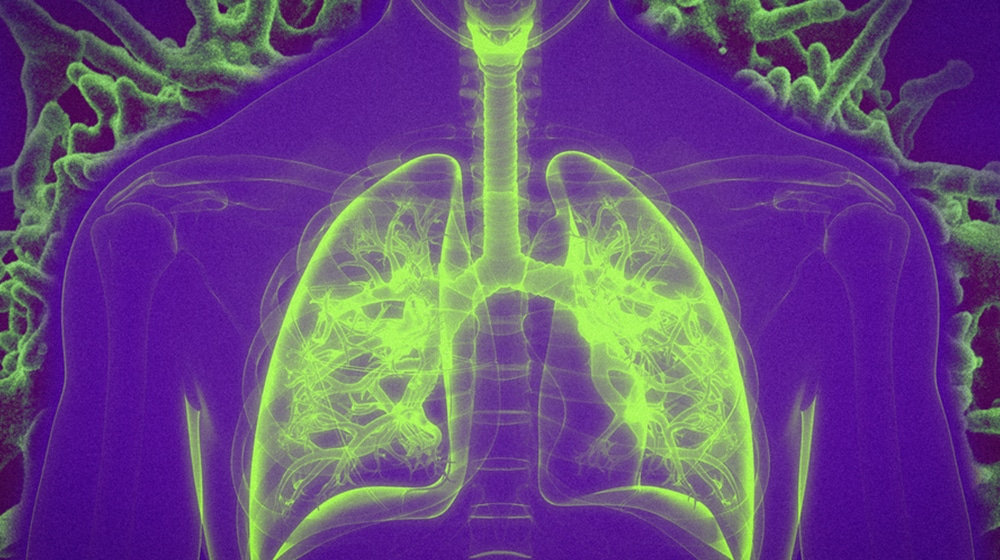Researchers from the Massachusetts Institute of Technology (MIT) have successfully developed a new inoculation strategy through which a typical COVID-19 vaccine can be delivered directly into the lungs via inhalation.
The research published on MIT’s official website revealed that the new vaccination strategy creates an army of T cells and offers a quicker response to viral invaders, including scores of respiratory viruses that are known to cause illness ranging from the common cold to more severe diseases like the Middle East Respiratory Syndrome (MERS) and Severe Acute Respiratory Syndrome (SARS).
ALSO READ
Here’s How You Can Experience the Entire Suez Canal Crisis
The researchers explained that the new method had worked swiftly in the lungs of mice when they were fed a modified mixture of the beta vaccine on a trial basis. As a result, the vaccine combines with the protein, which normally exists as a constituent of mucus, and enters the mucosal barriers, the inner lining of the lungs, easily.
The lead author of the study, Darrell Irvine, said in a statement,
In this paper, we specifically focused on T cell responses that would be useful against viruses or cancer, and our idea was to use this protein, albumin, as sort of a Trojan horse to get the vaccine across the mucosal barrier.
Regarding oral inoculation, Irvine pointed out that “vaccines given in muscle can elicit immunity at mucosal surfaces, but there is a general principle that if you vaccinate through the mucosal surface, you tend to elicit a stronger protection at that site”.
ALSO READ
Pakistan Starts Marketing Dollar Bond Following IMF Bailout Resumption
In addition to providing protection against the pathogens that infect the lungs, the research paper suggests that inhaled vaccines could also be utilized in the prevention of cancer metastasizing to the lungs or even to reduce the chances of cancer developing in the first place.
This research was funded in principle by the Koch Institute, Harvard Cancer Center, the Marble Center for Cancer Nanomedicine, the Ragon Institute of MGH, MIT and Harvard, and the National Institutes of Health.






















